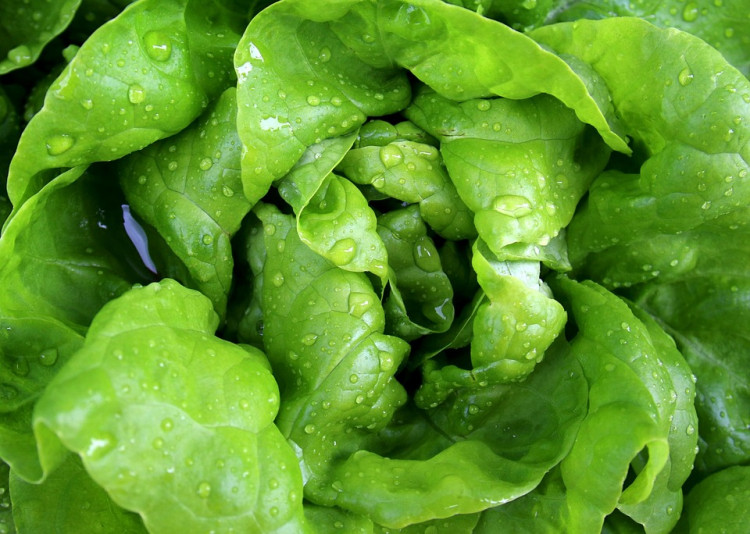A deadly E. coli outbreak that spread across 15 U.S. states late last year left 89 people sickened, 36 hospitalized, and one person dead, yet the Food and Drug Administration never publicly disclosed the incident or warned consumers, according to internal records and reporting obtained through a public records request.
The outbreak, which began in early November 2024 in Missouri's St. Louis County, was linked to contaminated romaine lettuce, according to an internal FDA report reviewed by NBC News. Despite evidence connecting the outbreak to leafy greens and the identification of a likely grower and processor, the FDA closed its investigation in February without naming any companies or issuing public warnings.
"There were no public communications related to this outbreak," the FDA wrote in its report. The agency later told NBC it only names firms when there is "actionable advice for consumers," and added, "By the time investigators had confirmed the likely source, the outbreak had already ended."
Frank Yiannas, former FDA deputy commissioner for food policy and response, criticized the agency's handling of the outbreak. "It is disturbing that FDA hasn't said anything more public or identified the name of a grower or processor," he said.
The outbreak was traced to a particularly virulent strain of E. coli - 0157:H7 - which can lead to Hemolytic Uremic Syndrome, a potentially fatal kidney condition. Seven people developed HUS, according to the report. Of the 89 known cases, 36 required hospitalization, and the infections spanned a range of settings including schools, catered events, and restaurants.
Approximately 95% of those infected reported eating leafy greens; 88% recalled consuming romaine lettuce. Investigators tracked the produce to a common ranch and lot, but said no contaminated lettuce remained by the time of identification. The report's findings became public only after litigation prompted NBC to request agency records.
Nine lawsuits have since been filed against Taylor Farms, a major California-based supplier of salads and vegetables, alleging its produce was responsible. "We don't believe Taylor Farms was the source of the referenced recent E. coli outbreaks," the company said in a statement, citing third-party investigations and internal testing protocols. "Any reporting that connects Taylor Farms products to these heartbreaking illnesses is dangerous, irresponsible and unfair."
The FDA did not name Taylor Farms in its report. However, the company has faced scrutiny in the past. A separate E. coli outbreak weeks earlier, linked to onions supplied by Taylor Farms to McDonald's, resulted in over 100 illnesses and one death. Taylor Farms voluntarily recalled the onions but said at the time that no contamination was detected in testing.
Taylor Farms also asserted that E. coli O157:H7 typically originates from livestock and not produce, noting that the FDA lacks authority to inspect the beef industry. "Our priority is the health and wellness of our customers and consumers and the safety and quality of our products," the company said.






